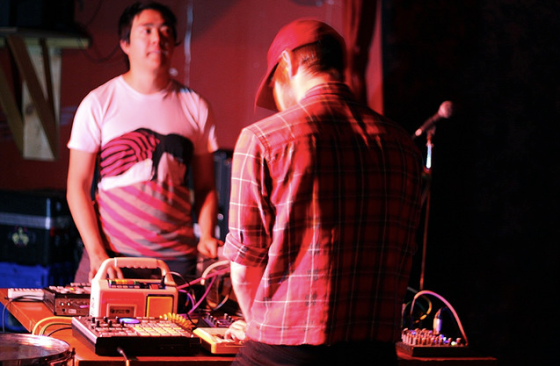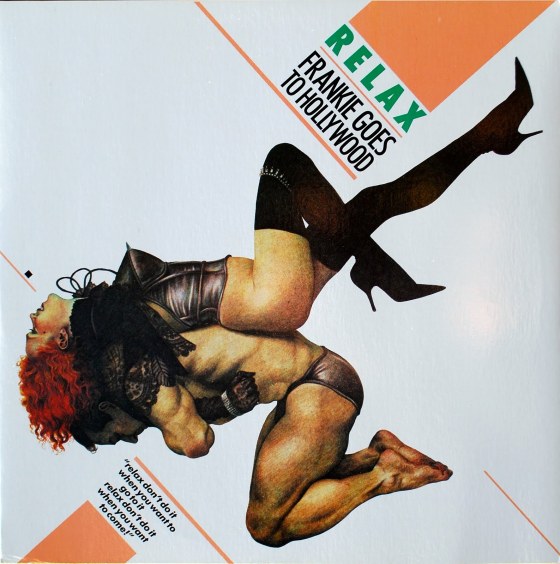Tonight marks the end of London 2012 – and perhaps the start of something else.
I don’t want to overestimate the shift that’s happened, because the disabled community is still facing £2.7b reduction in Disability Living Allowance, and disabled people are over twice as likely to be unemployed at the able-bodied. But something important has changed.
Firstly, we’ve all had a chance to have an extended look at a group of (highly talented and dedicated) disabled people, on our TV screens and draped brilliantly over billboards and buildings. It sounds crass, but you can’t underestimate how valuable this is. Usually, we avert our eyes when we see people who look different. Children are told not to stare, not to ask questions and we drag our eyes away from anything that looks physically unusual. But really, all we’re doing is ensuring that all the different people stay different. They are made ‘other’, and they’re alienated, becoming less human because we don’t include them: we avert our gaze. Looking – and I mean really looking – at a body affected by cerebral palsy or chopped and reformed by illness or accident allows us to see the whole person. By seeing someone, we allow them to be human.
I’m not suggesting we all start a stare-off in the street, because that would be rude, but I’m just saying it’s been really good for us as a population to properly look at these people in their bodies rather than feeling shocked and ignoring them because we don’t know how to manage our own feelings about their bodies.
I’ve got a couple of vested interests in this subject. My dad became a wheelchair user in his 40s thanks to a neurological disorder that effectively stopped his limbs working. He continued working despite regular major surgery and an irresistible physical decline, using his intelligence and natural charm to make people see beyond his disability. Anyone who’s worked or lived with a disabled person will probably have similar stories to tell – but most people don’t live or work with disabled people and haven’t had the chance to learn how to see the person first. The Paralympics have given everyone a chance to get to know a person whose body looks or works differently, and that’s a wonderful thing.
We’ve seen charming and humble Paralympians like Johnny Peacock or Josef Craig but we’ve also seen moody and stroppy athletes, like when Oscar Pistorius threw his toys out of the pram after the T44 100m. It’s incorrect and arrogant to assume that all disabled people are saints (I know from living with my dear departed dad that this is NOT TRUE) or that they deserve our sympathy or admiration. Disabled people are just people with extra challenges in their lives – or at least ones that are external and visible. We’ve all met people who look completely able-bodied but are more ‘disabled’ than the Paralympic athletes in terms of their ability to navigate life and get the best out of it. Some people are just disabled on the inside: I’m sure you can think of your own examples.
I wonder if we’ll end up treating disability similarly to skin tone or ethnicity – something that you just wouldn’t comment on unless it was relevant: just another normal thing in our beautiful melting-pot of a country. This new Britain, which has been actively redefining itself over the past six weeks, as we’ve seen a brilliantly positive version of our reality, could be primed to be a much better place to be atypical.
I wonder, post-booing, whether George Osbourne and friends will realise that times have changed and the Britain that they’re marketing themselves to, the Britain they think will re-elect them regardless of the damage they do to ordinary people, might not exist any more.
Me, I’ll be glued to the screen for the closing ceremony, at the end of an Olympics that has felt like a gift. An expensive gift that we’ll be paying for ongoing, and a gift with contradictory and sometimes unpalatable edges (the snipers on the roof overlooking the entrance to the Olympic Park, Atos sponsoring the games). But a gift nonetheless, and one that I suspect will keep giving.

